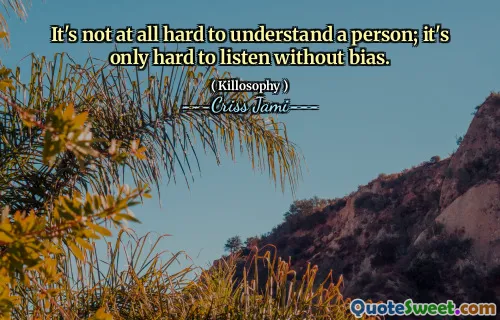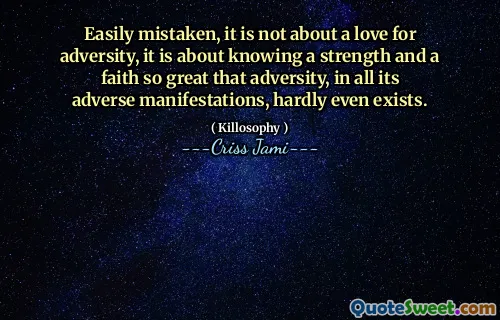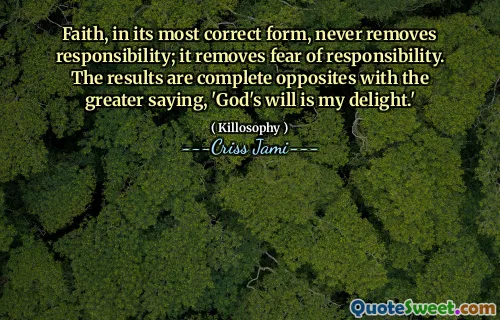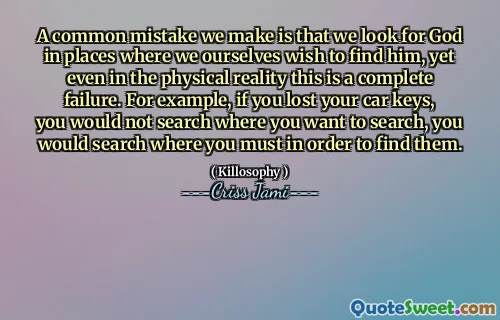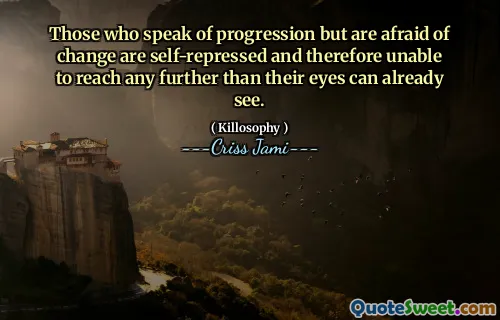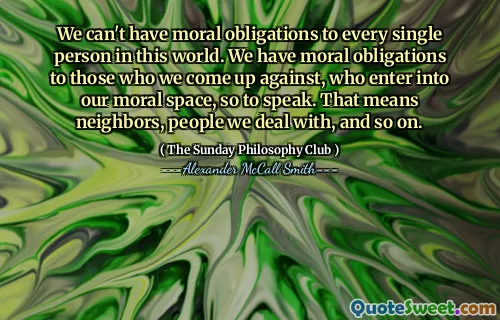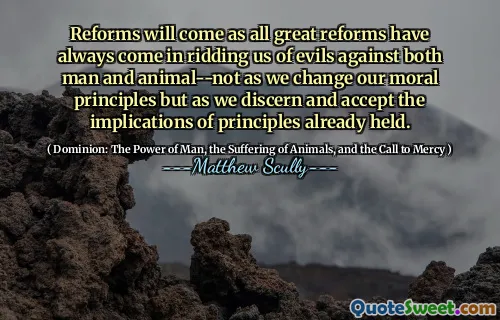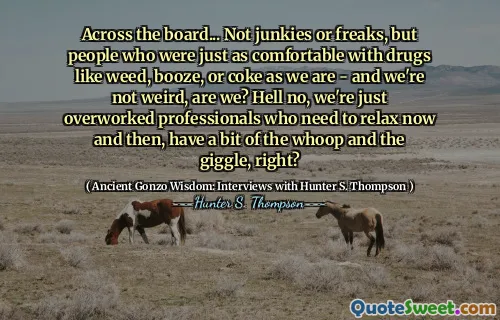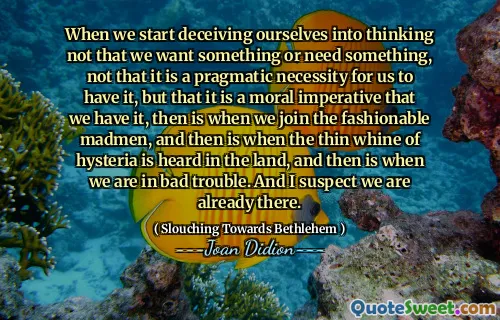
If Christ be a fraud, he was among the most peculiar yet brilliant of frauds in saying that only he was the way, the truth, and the life. This is the importance of grace - some people think that simply being nice and not harming others is morality; others think that following rules and tithing are morality. But without Christ, all moral beliefs ultimately boil down to the one sin which perpetually rails against the concept of grace: man's lawful, religious, and futile attempt at establishing his own righteousness.
This quote provokes deep contemplation about the nature of morality, grace, and human righteousness. It challenges the simplistic notion that morality can be reduced merely to outward actions such as kindness or rule-following. Instead, it points to a more profound spiritual dimension, emphasizing the uniqueness of Christ's claim as the "way, the truth, and the life." Whether one accepts or rejects Christ, the statement highlights the inherent tension between human efforts to establish righteousness and the concept of grace — unearned favor. The quote critiques the idea that moral or religious rituals, like tithing or legalistic observance, can alone attain righteousness. This dilemma resonates with a longstanding theological discourse on the limitations of law and human effort in achieving genuine moral purity. It invites readers to reflect on the essence of grace and what true morality entails beyond superficial compliance. The notion that man’s own righteousness is futile without grace underscores humility as central to spiritual understanding. Guiding us to acknowledge that morality and grace are far more intricate than simple rule-following, this passage inspires a reassessment of how we evaluate ethical living and spiritual authenticity in contemporary society. It also subtly challenges individuals to consider how they define and pursue righteousness in their own lives, exploring the balance between moral deeds and inward grace.
